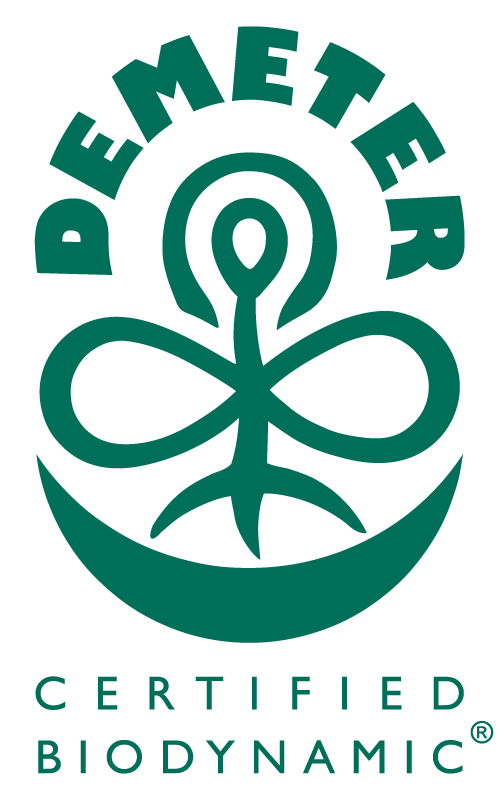Vision
In pursuit of the essence of a place.

The Hamel Approach
In every aspect of the winegrowing and winemaking, our priority is to preserve the connection between wine and terroir. Through dry farming, organic and Biodynamic practices and intensive terroir research, our vineyard and winemaking teams work to express the character of our sites in all its energy, complexity, and purity.
During the winemaking process, this means avoiding interventionist techniques that might obscure this expression. This philosophy is grounded in the spectrum of choices we make—both in action and in restraint. As a family-owned and managed winery, we make decisions that ensure the enduring quality, balance, and health of our vineyards for generations to come.
Team
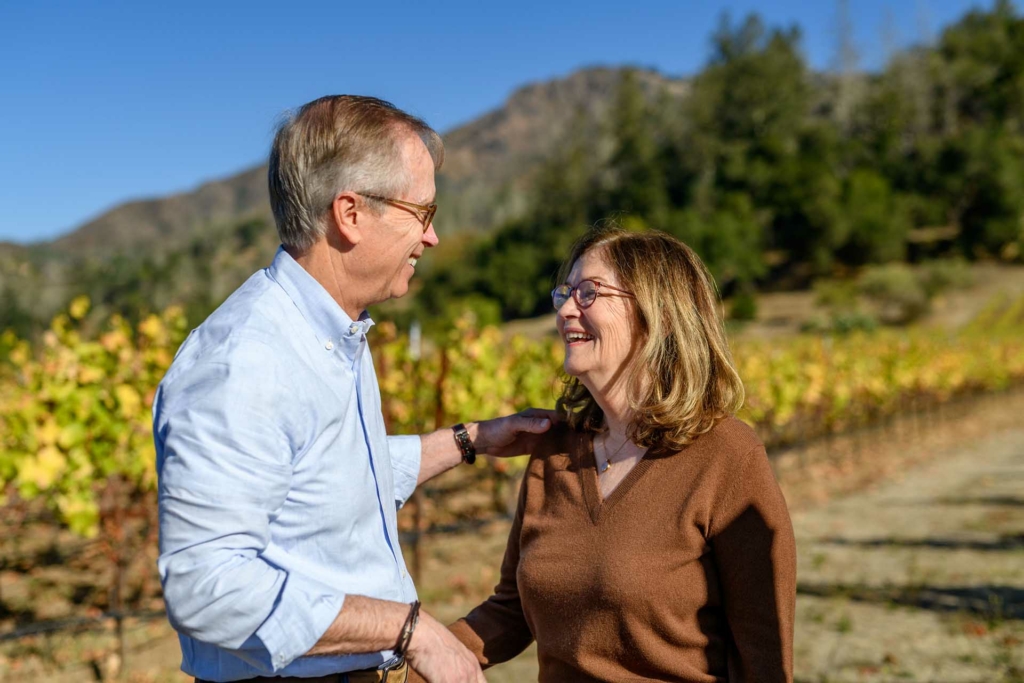
Pamela Hamel & George Hamel, Jr.
Vintners
George and Pam lived in Virginia and Florida before settling in the San Francisco Bay Area in 1996. Ten years later, they bought a house in Kenwood in Sonoma Valley and began growing grapes on an acre vineyard parcel behind their home. George and Pam gradually added two more acres of vineyards to the estate, which produced its first 290 cases of Cabernet Sauvignon in 2006. Today, the house is still George and Pam’s home, and the Hamel wine journey continues under their stewardship.
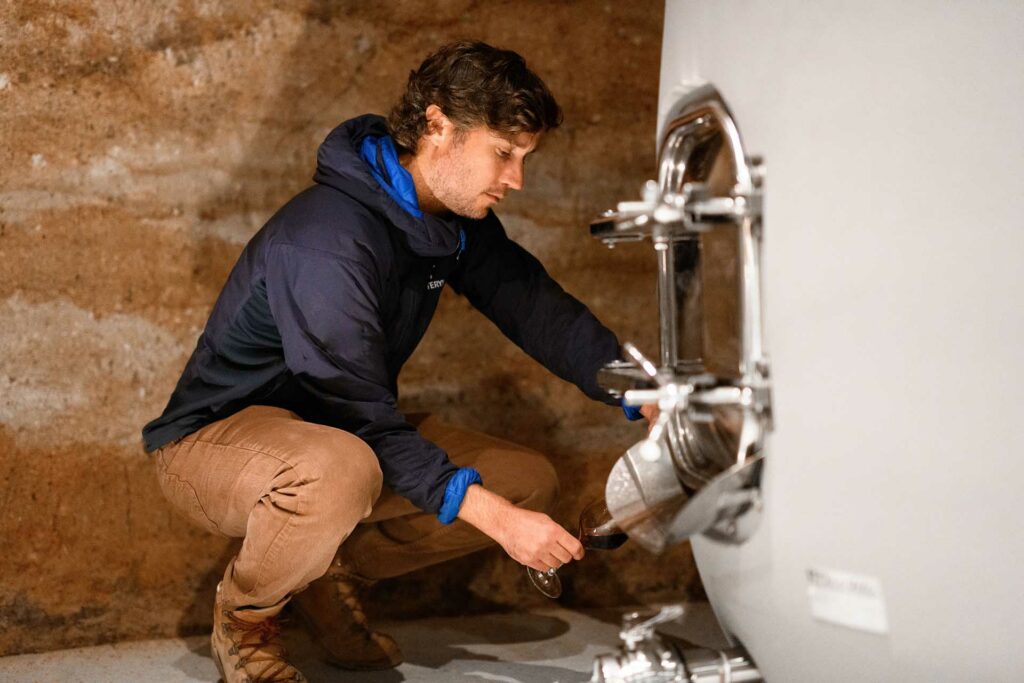
John Hamel
Director of Winegrowing
John leads winegrowing at Hamel. He is committed to producing wines that reflect the character of the terroir. John came to wine with a passion for organic farming and also a deep connection with the philosophies and practices of the Slow Food movement—both have informed his winegrowing approach. John and his team apply a micro-terroir-based winegrowing approach in which the vineyard and winemaking practices are adapted specifically to the volcanic soils across Hamel’s vineyards. In addition, John has led the transition of the majority of the vineyards to dry farming and has instituted organic and Biodynamic vineyard management practices.
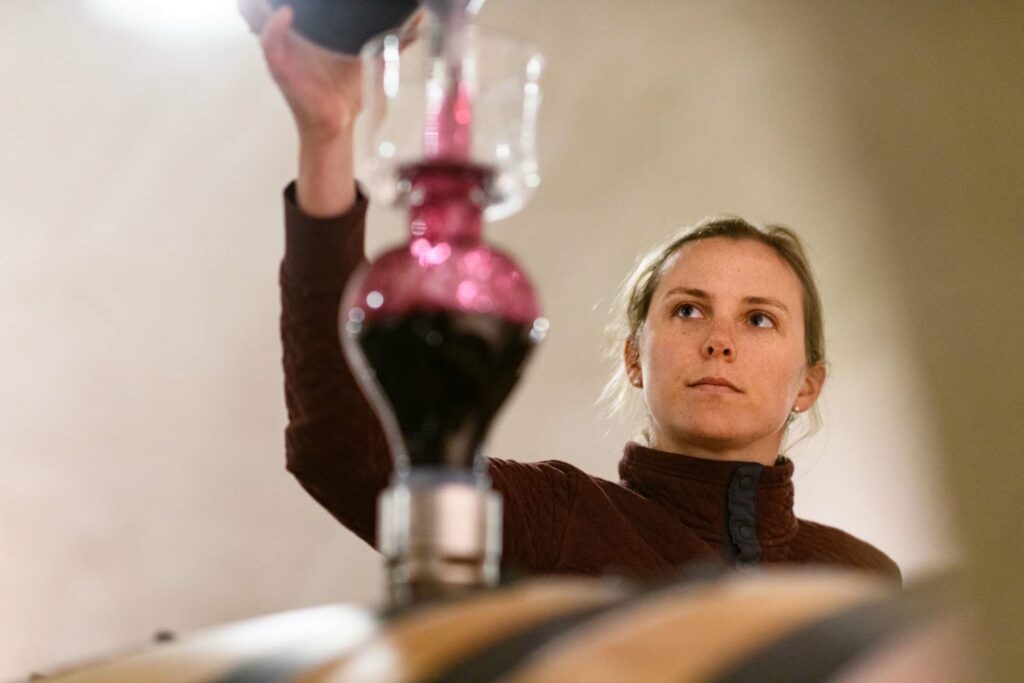
Maura Kinsella
Associate Winemaker
Maura manages a refined vinification process of traditional, low-intervention winemaking built around separating lots by soil type and micro-terroir. A former professional cyclist and member of the USA National Team, Maura’s first experience in the wine industry was working a harvest in New Zealand. Subsequently, she pursued a master’s degree in Winemaking and Viticulture at the University of Bordeaux and worked at Chateau Palmer and J.P. Moueix Chateaux in Bordeaux, as well as Emiliana Organic Vineyards in Chile. Maura joined Hamel in 2020 from Eisele Vineyard in Napa Valley.
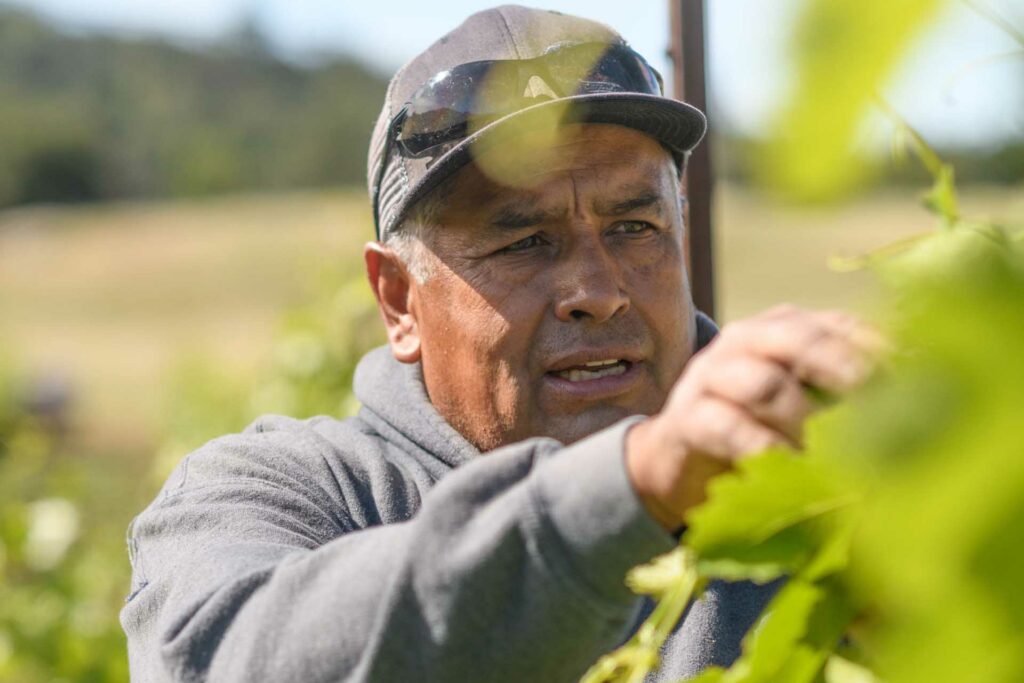
Juan Tinajero
Estate Vineyard Foreman
Since 2011, Juan has been dedicated to overseeing all the Hamel vineyards with precision and care. He has played a pivotal role in the transition to dry farming and the adoption of Biodynamic farming practices. Originally from the state of Michoacán in Mexico, Juan moved to California in 1980 in pursuit of better work opportunities. He spent 30 years in vineyard management in Napa and Sonoma counties before joining Hamel. Juan brings this wealth of experience and passion to managing our vineyards along with his dedicated team.
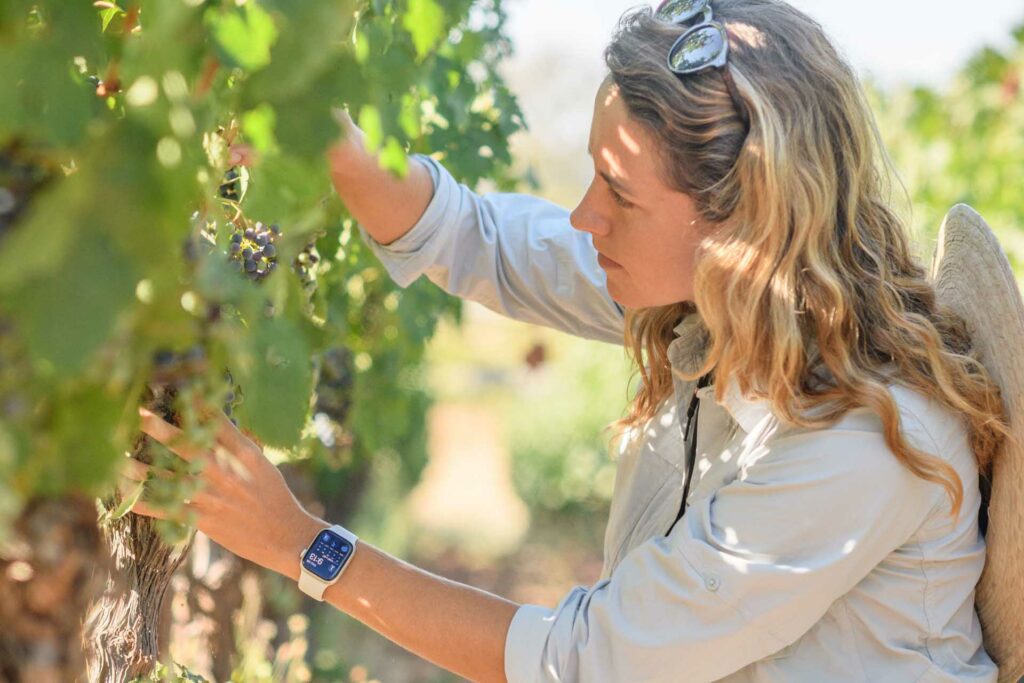
Saskia Tingey
Viticulturist
Saskia Tingey is a Sonoma County native albeit one with a global perspective, having previously worked in New Zealand, Southern Chile, and Italy’s Trentino at Azienda Agricola Foradori, where she absorbed and developed a passion for Biodynamic farming practices. Her journey into wine began after graduating from New York University with a degree in Nutrition and Food Science. She initially focused on organic vegetable production and community nutrition, which evolved into a passion for viticulture. This led her to some of the world’s best wine regions. Subsequently, Saskia earned Master’s Degrees in Viticulture and Enology from both Universita Cattolica in Piacenza, Italy and the University of California, Davis.

Petra Polakovicova
Director of Hospitality
Petra curates and manages Hamel’s hospitality program offering guests a differentiated and elevated experience that mirrors the same level of attention and detail in the winegrowing at Hamel. Prior to joining Hamel, Petra helped open the luxury Montage Healdsburg, as its head sommelier and beverage manager. Previously, she spent a decade leading the beverage program at EPIC Steak in San Francisco. She has more than 25 years’ experience in top hotel restaurants in California, including the Palace Hotel and the W Hotel in San Francisco, and the Ritz-Carlton properties in San Francisco and Half Moon Bay earning a well-deserved reputation as an accomplished sommelier and beverage director. A graduate of the Court of Master Sommeliers’ Advanced Exam, Petra holds her Level 3 Certification from WSET.
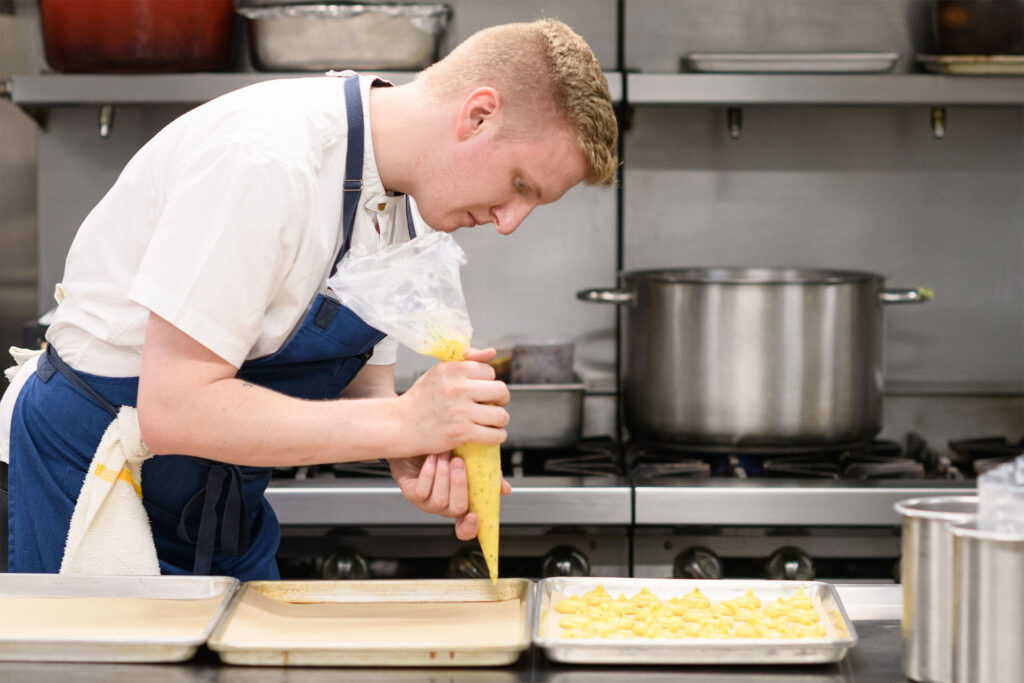
Thomas Mendel
Executive Chef
Chef Thomas works closely with his Hamel colleagues to craft distinctive original culinary offerings that pair with and enhance the experience of Hamel wines. Prior to joining Hamel, Thomas helped open Hazell Hill, the signature restaurant at the Montage Healdsburg, serving as Sous Chef during his three-year tenure, and spent three years at the Ritz-Carlton Lake Tahoe restaurant. Thomas discovered cooking at a young age spending time in the kitchen with his Italian-American grandmother. He graduated from the Culinary Institute of America (CIA) in Hyde Park, New York, where he developed and refined his culinary craft before embarking on CIA’s wine program in St. Helena, CA.
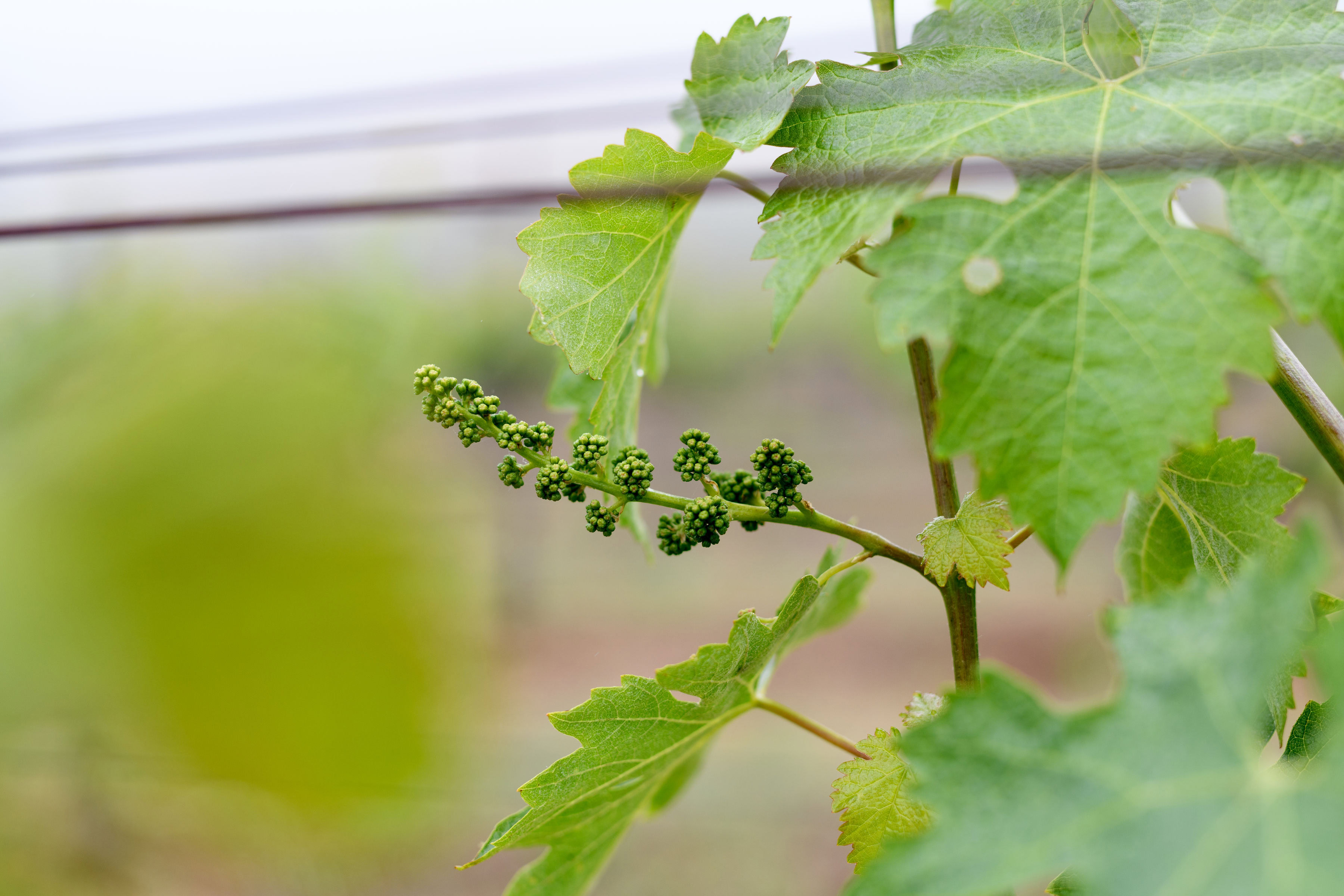
Sustaining for the Future
Sustaining the future of our vineyards and the surrounding flora and fauna requires a deep respect for the land and a commitment to thoughtful, innovative stewardship. Wine is an expression of nature, life and the environment, and we remain dedicated to preserving each of these through dry-farming and Biodynamic and organic practices. This level of commitment is rare in the wine industry in the United States and has measurable impacts.
We farm three of the 36 certified Biodynamic vineyards in California, a distinction that represents less than one percent of the state’s total vineyard acreage. Through dry-farming, we conserve approximately four million gallons of water each season. Our dedication to these practices not only preserves the integrity of our vineyards but also sets a standard for sustainability, proving that innovative stewardship can produce wines with a true sense of place and a lasting positive impact on the environment.

